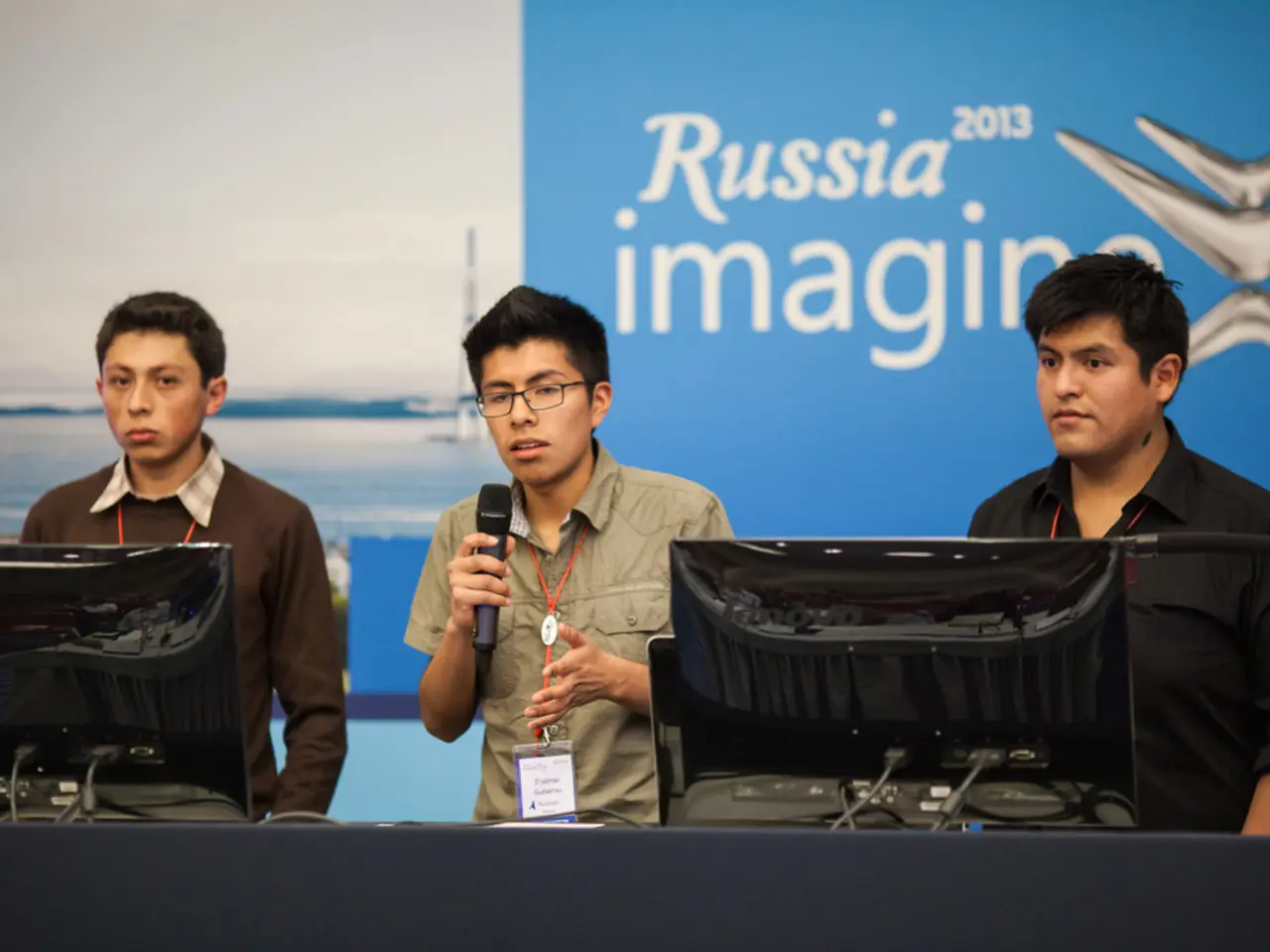United States needs to take a prominent position in cyber diplomacy, asserted nominee for the State Department.
U.S. Senate Considers Nomination of Nathaniel Fick for Cybersecurity Role
The Senate Foreign Relations Committee is currently considering the nomination of Nathaniel Fick for the role of Ambassador at Large for Cyberspace and Digital Policy at the U.S. Department of State. If approved, Fick would lead the Bureau of Cyberspace and Digital Policy, which officially launched in April.
Fick, a resident of Maine, brings a wealth of experience to the table. He is the general manager of Elastic Security, the former CEO of Endgame, and the former CEO of the Center for a New American Security. Fick also served as an infantry and reconnaissance officer in the U.S. Marines, with tours in Afghanistan and Iraq.
If confirmed, Fick plans to focus on three key areas. He aims to develop a U.S. framework for responsible state behavior in cyberspace, promote a global digital economy, and advocate for digital freedom and digital inclusion. Fick believes that international law should apply in cyberspace and that there should be voluntary and non-binding norms for state conduct.
However, some concerns have been raised about potential overlap between Fick's role and existing cybersecurity roles within the federal government. Sen. Rob Portman, R-Ohio, has expressed these concerns.
Fick maintains that the new role addresses a gap in the existing government policy realm. He stated that the U.S. should take a leading role in international cyber diplomacy to strengthen democratic values and bolster U.S. national security. Fick warned that military and economic rivals like Russia and the People's Republic of China have a different vision for cyberspace.
Cybersecurity executives in the private sector support Fick's nomination, believing he will strengthen partnerships between the private sector and U.S. government roles in combating malicious cyber activity. Nicole Darden Ford, vice president of global security and CISO at Rockwell Automation, endorses Fick's nomination, stating the importance of securing American business and manufacturing from cyber threats.
Fick is against digital authoritarianism and aims to work against it. He advocates for the free flow of data across borders while maintaining digital privacy in the global digital economy. If approved, Fick's nomination could mark a significant step forward in U.S. cybersecurity policy.







